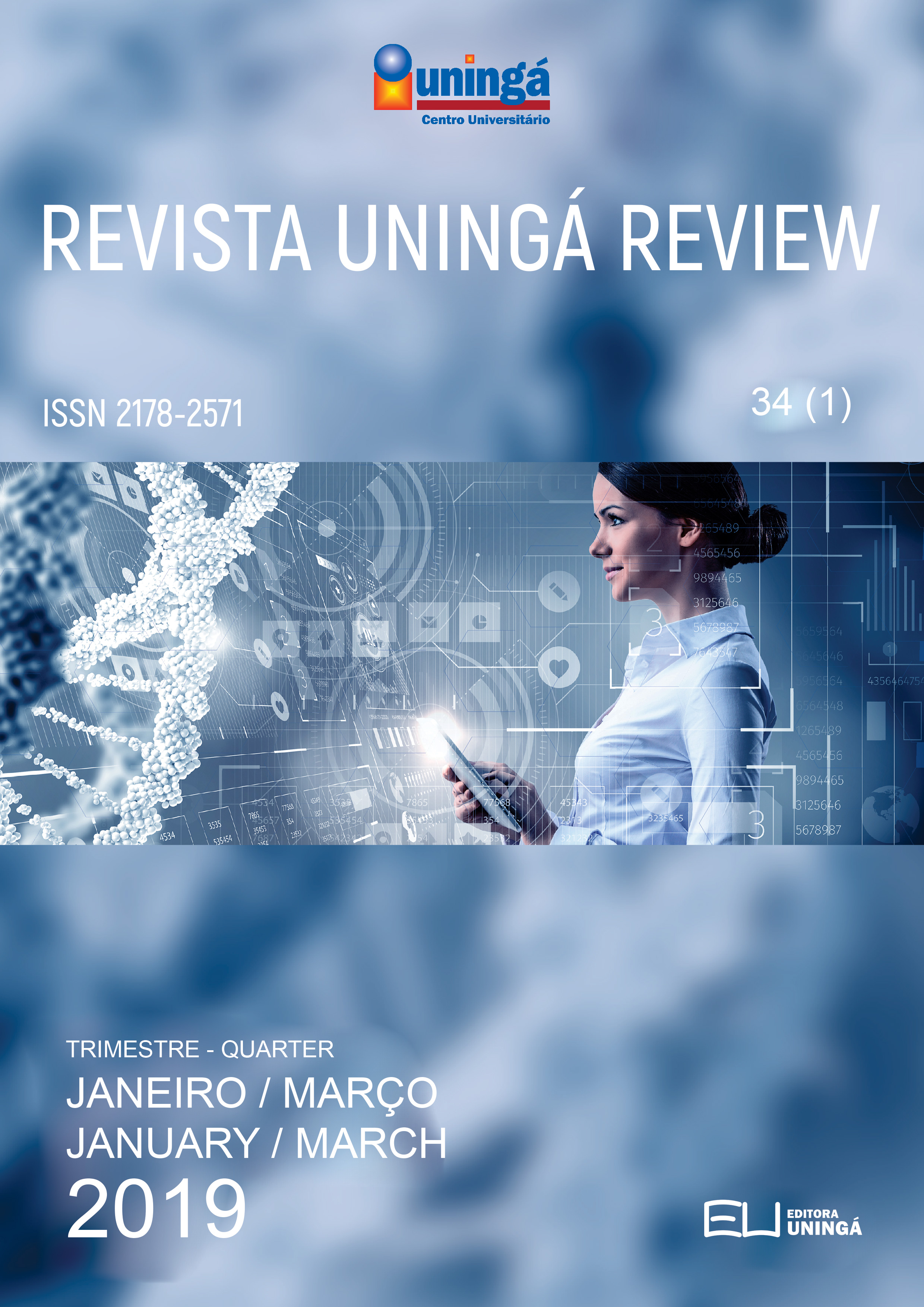INTERDISCIPLINARY APPROACH TO CHILD-JUVENILE VIOLENCE: A NECESSARY DIALOGUE FOR TEACHER TRAINING
Keywords:
Adolescents, Children, Education, ViolenceAbstract
The violence suffered by children and adolescents is a historical phenomenon characterized by omissions or transgressions of their basic rights. However, despite being attributed to the teacher the role of mediating and notifying suspected or confirmed cases of violence, pedagogical training has been shown to be deficient in the face of transversal themes such as this one, which makes teaching work difficult. The objective of the present study was to describe aspects related to interdisciplinarity in the approach to child-juvenile violence during teacher training. This is an experience report with a qualitative approach on the interdisciplinary dialogue proposed in one of the stages of the extension project "Child-Juvenile Violence: Perspectives and actualities", developed in the city of Chaval-CE during the 10th and 11th of April 2019. As a result, the moments of integration favored the conviviality and articulation of ideas among the managers and teachers of different school units within the municipal education network. This integration is assessed in a favorable way by both the municipal education secretariat and by the participants themselves who were able to expose the situations experienced in a school context. In this way, it was concluded that aspects such as the interdisciplinarity in the approach of violence and the intersectoriality that composed this project were of paramount importance for the acceptance, the positive return of the participants and the elaboration of proposals for action.
Downloads
Downloads
Published
How to Cite
Issue
Section
License
I declare/we declare that the text submitted here is original, of my own authorship and does not infringe any type of third party rights. The content is my/our sole responsibility. Possible research involving animals and/or human beings is in accordance with Resolution 196/96 of the National Health Council and its complements. I declare that I am/we are in possession of the written consent of patients and that the research and its procedures were timely and adequately approved by the Ethics Committee of the institution of origin. We further declare that all institutional affiliations and all sources of financial support for the work are duly informed. I certify that there is no commercial or associative interest that represents a conflict of interest related to the submitted work. If there is commercial interest, in addition to the technical and academic ones, in the publication of the article, the information will be reported during the text.







































